Debt Settlement in Florida
Debt Settlement Experts
Are you drowning in debt and overwhelmed by constant stress? At Second Start Financial, we understand the challenges that come with excessive debt, and we’re here to help. We know that many hardworking Floridians are struggling to keep up with credit card bills, medical expenses, and other unsecured debts, often due to circumstances beyond their control. That’s why we’re dedicated to providing personalized debt settlement services to help you achieve financial freedom. Our experienced professionals will work with you every step of the way to create a customized plan that fits your unique needs and goals. With our help, you can break free from the burden of debt and start building a brighter financial future.

How Professional Debt Settlement
Florida Can Help You

Avoid Bankruptcy
Prevent the long-term consequences of bankruptcy by settling your debts instead.
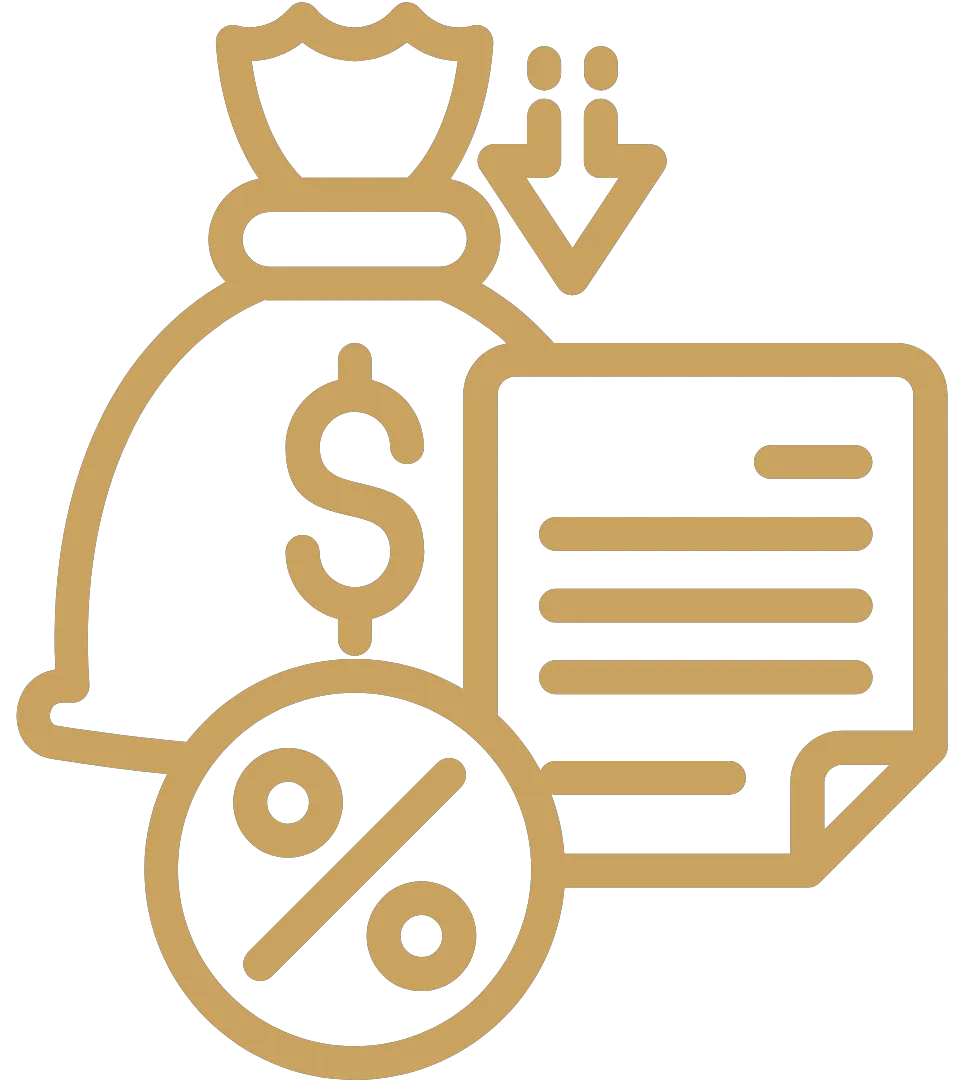
Lower Balances
Negotiate with creditors to reduce your outstanding balances and pay less than you owe.
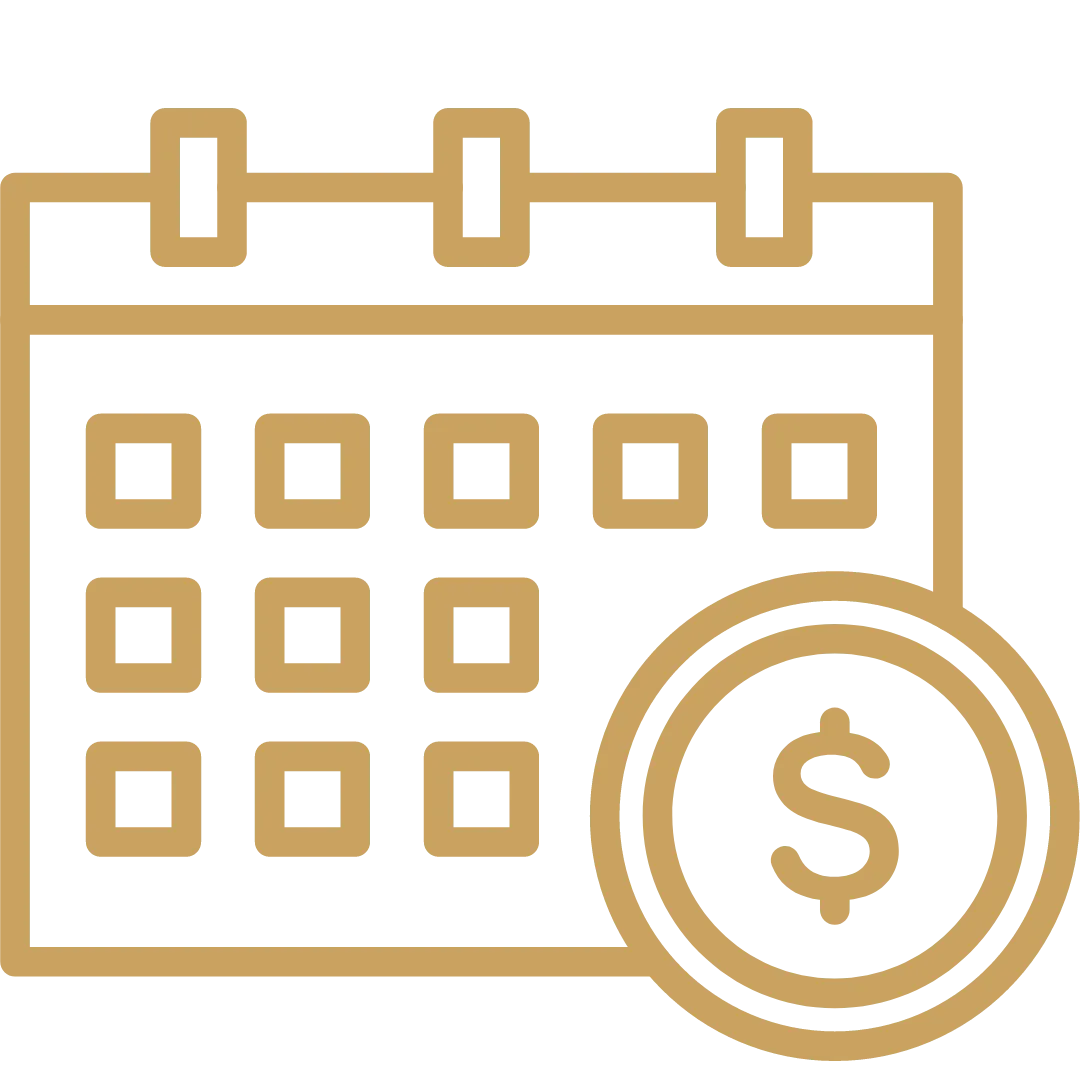
One Monthly Payment
Simplify your debt repayment process by making a single, affordable monthly payment.

Stop Collections
End harassing calls and letters from collection agencies by enrolling in a debt settlement program.
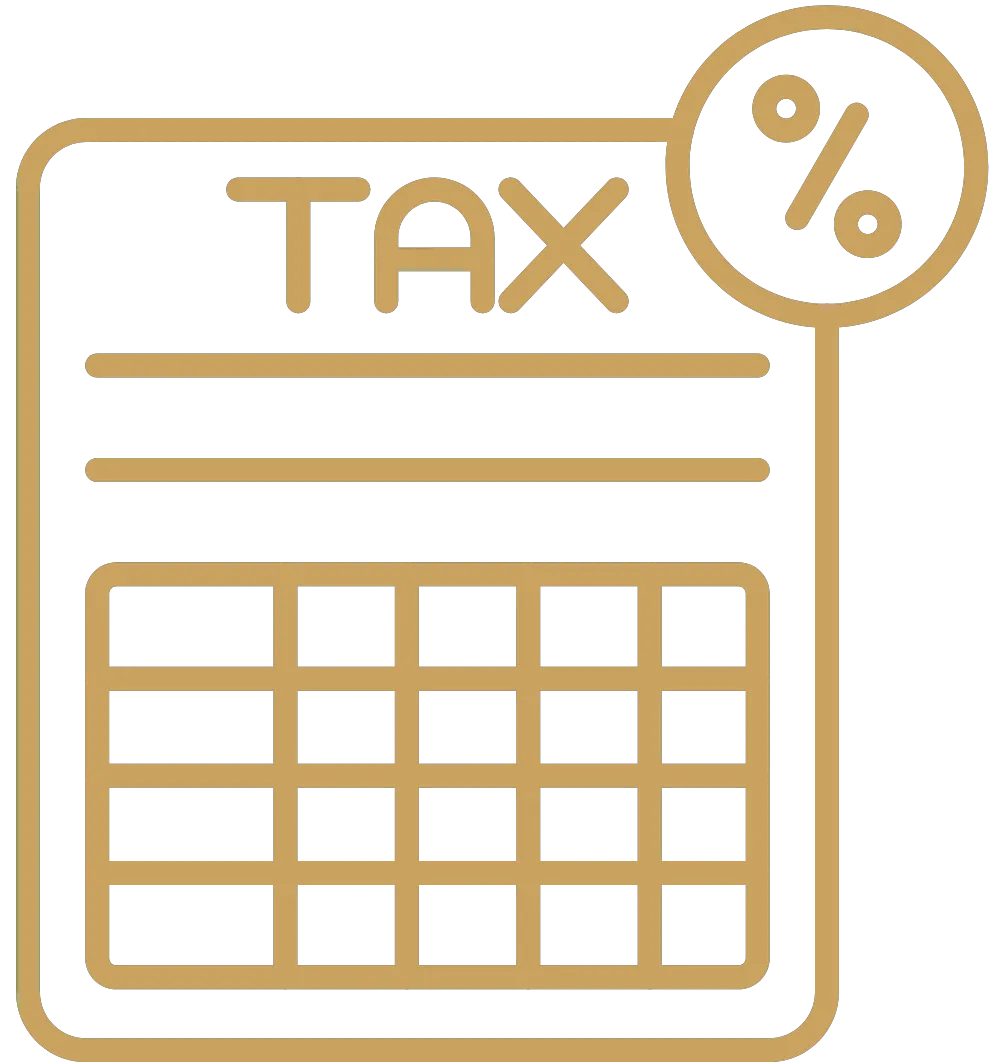
Tax Benefits
Understand the potential tax advantages of settling your debts for less than the full amount.
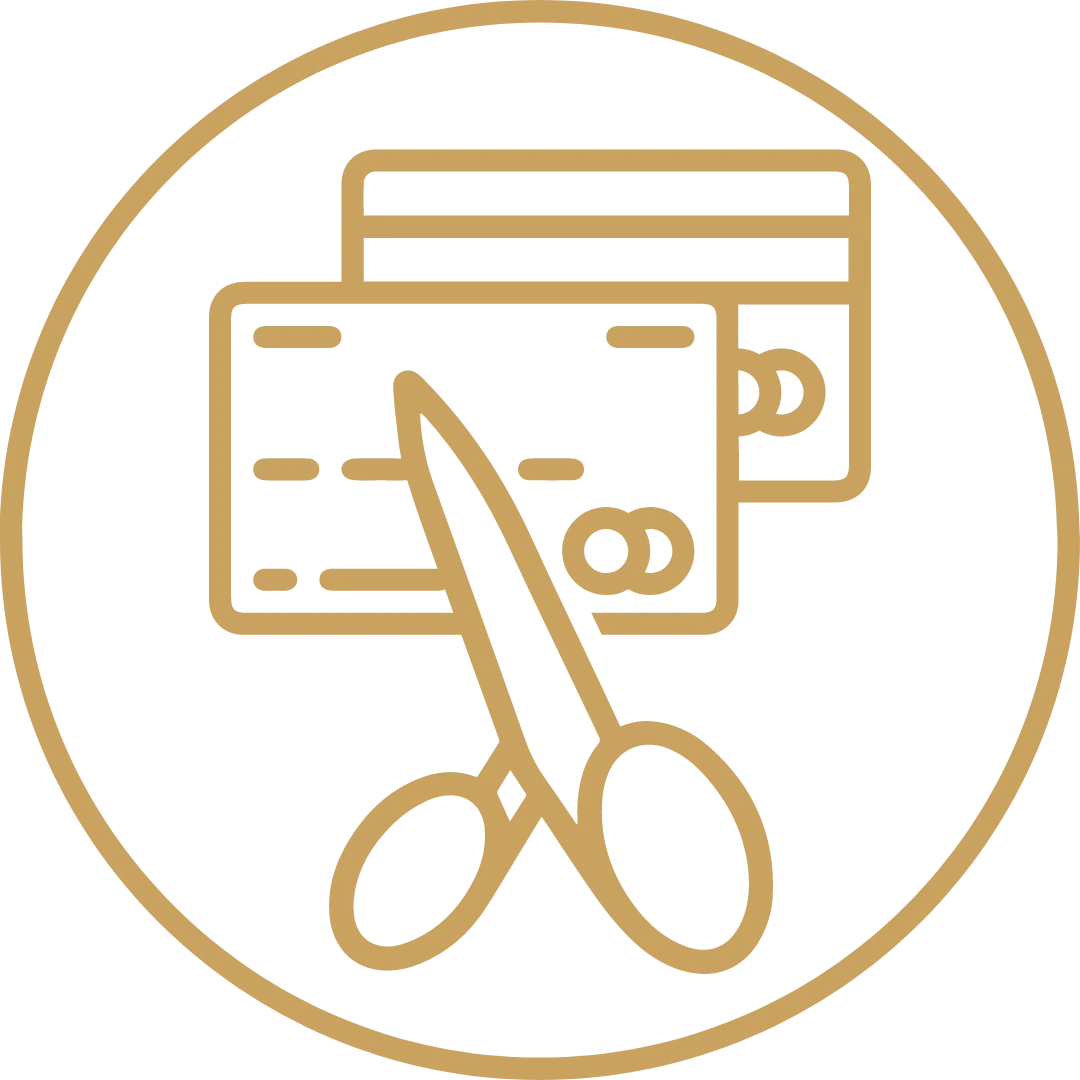
Become Debt-Free
Achieve financial freedom faster by resolving your debts through professional debt settlement services.

Our Proven Debt Settlement Process
At Second Start Financial, we follow a proven debt settlement process to help you achieve the best possible results. Here’s what you can expect:
1. Free Consultation: We’ll review your financial situation, explain your options, and determine if debt settlement is right for you.
2. Personalized Plan: We’ll create a customized debt settlement plan based on your unique circumstances, including your debt amount, income, and goals.
3. Dedicated Account: You’ll open a special account and make monthly deposits, which will be used to settle your debts.
4. Expert Negotiations: Our skilled negotiators will work with your creditors to achieve the lowest possible settlement amounts.
5. Debt Resolution: Once a settlement is reached, we’ll facilitate the payment to your creditor and ensure the debt is properly resolved.
BLOG
Our Latest Blogs
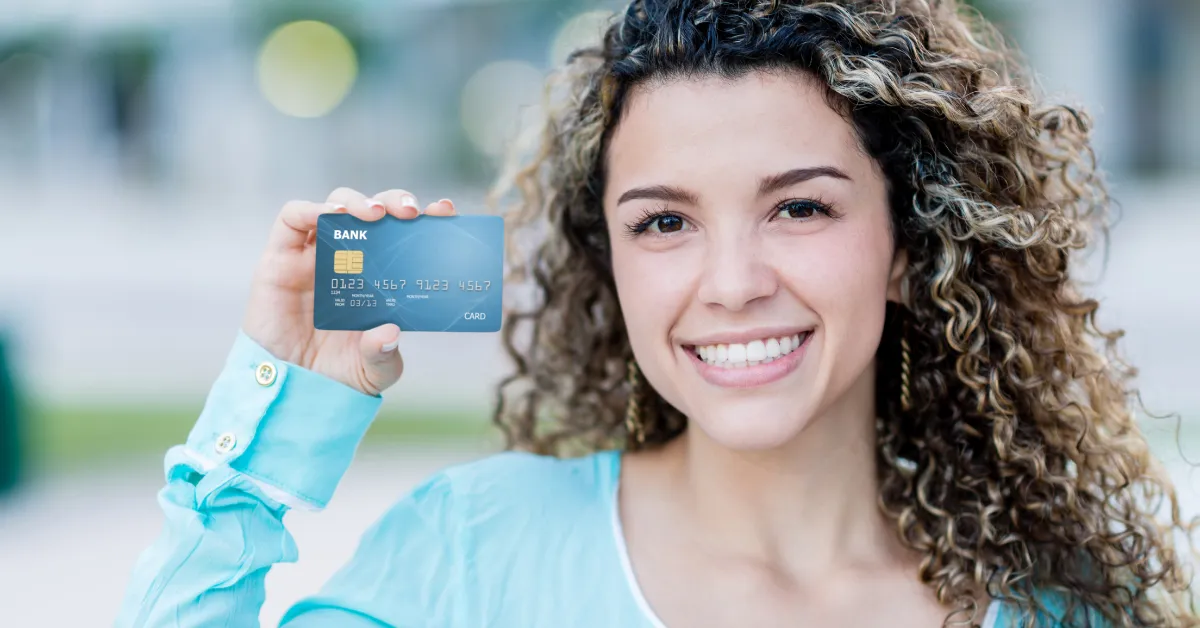
What To Know Before Getting Your First Credit Card
Getting your first credit card can be an exciting yet daunting experience. There's a whole new world of financial freedom and purchasing power available to you. However, credit cards come with responsibilities and if misused, can get you into financial trouble. That's why it's important to educate yourself before signing up for that shiny piece of plastic. This article will overview everything you need to know before getting your first credit cardso you can use it wisely.
Understand How Credit Cards Work
The first thing to grasp is how credit cards actually work. A credit card allows you to borrow money from the card issuer to make purchases. You then pay back what you borrowed plus interest and fees. If you pay your balance in full each month, you avoid interest charges. If you carry a balance, interest is charged on the remaining amount until it’s paid off.
It's important to understand that a credit card is a revolving line of credit, not free money. You are borrowing funds that must be repaid over time. The grace period before interest kicks in allows you to use this borrowed money without accruing interest as long as you pay it back promptly.
Check Your Credit Score
Before applying for a credit card, it's wise to check your credit score. This three-digit number ranging from 300-850 helps lenders determine your creditworthiness. The higher your score, the better your chances of not only getting approved, but also scoring the most favorable terms like lower interest rates.
As a general rule, you'll want a credit score of at least 700 before applying for your first card. However, those with little or no credit history may need to start lower around 650. Many websites like Credit Karma and NerdWallet allow you to check your credit score for free so you know where you stand. Monitoring it regularly can help you build it over time.
Compare Different Credit Cards
All credit cards are not created equal. They can vary widely in terms of fees, interest rates, rewards programs, sign-up bonuses, perks and much more. That's why it's key to compare different credit cards and understand the pros and cons of each before applying.
When comparing cards, look at:
Annual Percentage Rates (APRs) - This is the interest rate charged if you carry a balance. The lower the better.
Annual Fees - Avoid cards with high annual fees, especially when starting out.
Sign-up Bonuses - Some cards offer cash back or points if you spend a certain amount in the first 3 months.
Rewards Programs - Cards that offer cash back, points or miles on purchases may make sense if you pay in full each month.
Perks - Features like roadside assistance, rental car insurance, hotel stays can add value.
Balance Transfer Options - Some cards let you transfer high-interest debt to save on finance charges.
Opt for a card that best aligns with your spending habits and financial goals. Having a grasp of what’s out there will help you find the ideal fit.
Consider a Secured Card
If you have little or damaged credit, one option to explore is a secured credit card. This type of card requires an upfront cash deposit, usually $200 to $500, that acts as your credit limit. As you use the card responsibly and make on-time payments, this activity gets reported to the credit bureaus and can help build your score over time.
Just make sure that the secured card you choose can “graduate” to an unsecured card down the road once you’ve established a track record. This allows you to eventually get your deposit back. Read the fine print or call the card issuer to confirm graduation policies before committing.
Understand the Fine Print
Before signing up for a credit card, it’s absolutely vital that you read the fine print outlining the full terms and conditions. This is where you’ll find key details on interest rates, penalty fees, grace periods, balance calculation methods and more. Don’t gloss over this important information!
Some key things to look for:
APRs - Separate rates for purchases, balance transfers and cash advances. See if they are fixed or variable.
Penalty Fees - What you'll be charged for late payments, over-limit fees or returned payments.
Grace Periods - The number of days you have to pay your balance before interest accrues.
Balance Calculation Methods - How your balance is computed to determine interest charges each month.
Don’t hesitate to contact the card issuer to clarify any points you don’t understand. Make sure you agree to and understand the terms before signing an application.
Start Small
When just starting out on your credit journey, it’s wise to opt for a starter card with a relatively low credit limit in the range of $300 to $500. This prevents you from overspending while giving you ample room to make modest purchases that help establish credit.
Having a lower limit also minimizes risk to the card issuer since the potential losses are smaller if you do default. You have the option of requesting higher limits down the road once you’ve proven you can responsibly handle credit. Use the starter period to demonstrate you are creditworthy.
Make Payments On Time
One of the quickest ways to damage your credit score is making late payments on your credit card bill. Payment history is the biggest factor in your score. That’s why it’s absolutely vital to pay at least the minimum amount due by the due date each month. Set up autopay through your card issuer or automatic calendar reminders to ensure your payment is never late.
If an emergency arises that may prevent you from making an on-time payment, get ahead of the situation by contacting your card issuer immediately. You can discuss options like reduced minimum payments for a billing cycle. Being proactive can help minimize late fees and credit damage.
Keep Your Utilization Low
Credit utilization is the ratio of how much credit you have used versus your total available credit limit. As a general rule, try to keep your utilization below 30%. Maxing out cards signals risk and drags down your score.
For example, if your limit is $1000, aim to only charge $300 before paying it off each month. Even if you pay in full, high utilization may be reported which hurts your score temporarily. Keeping it low ensures you maintain a healthy credit profile.
Avoid Cash Advances
While many credit cards do allow cash advances, it’s wise to avoid using this feature, especially when you’re just starting out. Cash advances don’t have an interest-free grace period like purchases. You begin incurring finance charges immediately from the transaction date until it’s paid off.
The fees for cash advances are also typically much higher than purchase fees. Only use this feature in true emergencies when other resources are unavailable. Avoid cash advances for day-to-day expenses so you don’t get trapped in expensive debt.
Monitor Your Statements
When you first get a credit card, get in the habit of carefully reviewing your monthly statements, preferably line-by-line. This allows you to quickly spot any unauthorized transactions or billing errors before they become bigger issues. Always act promptly in reporting fraudulent charges or mistakes to your card issuer.
Monitoring statements helps you take control of your spending and payments. Catching problems early limits the financial damage and makes it easier to resolve disputes. Make it part of your routine to carefully inspect statements each billing cycle.
Set a Budget
One of the easiest ways to get into trouble with credit cards is overspending. It’s so easy to swipe that piece of plastic without thinking about actual budgets. That mindset can quickly lead to mounting card balances that become difficult to pay off, especially once interest charges kick in.
Before you start charging with your new card, establish a realistic budget that covers how much you plan to spend on the card each month. Factor in regular expenses like groceries and gas as well as discretionary spending categories like dining out.
Make sure your total budgeted spending is an amount you can afford to pay in full each month. Sticking to your budget helps reinforce good habits right from the start.
Understand the Impact on Your Credit
When used properly by making on-time payments and keeping utilization low, your first credit card can help build your credit history, score and profile. Opening the account and managing it responsibly over time demonstrates that you are a trustworthy borrower able to handle credit.
However, improper use like making late payments, maxing out limits or missing payments can quickly damage your credit. Remember, you are applying for the card to build credit responsibly. Establish good habits from the start.
Have a Plan to Pay It Off
Before even applying for a credit card, have a plan to pay off your balance within the grace period each month. Whether that is through your job, savings or other steady income, make sure you have resources to cover your budgeted spending so interest does not accrue.
Never take on credit card debt that you realistically cannot pay off each month. Carrying long-term balances results in growing interest costs that impede your financial freedom. Know how you will pay it off from day one.
Boost Your Credit Mix
As you responsibly manage your first credit card over time, a strategy to boost your credit score is to add different types of credit to build a diverse credit mix. This shows you can juggle multiple types of credit wisely.
Adding an installment loan like an auto loan, personal loan or student loan down the road shows you can take on term debt. Having a credit mix that includes both revolving (credit cards) and installment loans can maximize your credit profile for long-term financial health.
Be Wary of Store Cards
When you are just starting out, it's generally wise to avoid applying for retail store credit cards even if they offer tempting discounts. The initial instant savings often aren't worth the costly financing terms and fees on these cards. Store cards tend to have much higher interest rates than general credit cards.
Only open a specialized store card if you plan to pay it off in full each month without carrying a balance. Get in the habit of using primary credit cards before opening niche store cards so you don’t overextend your credit.
Start Building Good Habits
Getting your first credit card offers a great opportunity to start building good financial habits that will serve you throughout adulthood. You can lay the groundwork for a strong credit history by using your new card responsibly. Getting in the habit of paying on time, monitoring statements, staying within budget and minimizing balances ensures you start off on solid footing.
Let your first card be a tool to gain confidence and skills in managing credit wisely. The lessons you learn will benefit your finances for years to come.
Educate Yourself Ongoing
One of the biggest mistakes when getting a first credit card is failing to educate yourself on an ongoing basis. Credit products and your own financial profile will change over time. Make it a priority to keep learning so you can adapt your credit habits as needed.
Read credit articles, follow financial experts and continually assess products so you have up-to-date knowledge. Understanding the impact of your everyday choices allows you to make informed decisions.
Getting your first credit card is a financial milestone. Approach it thoughtfully and use it responsibly by taking the time to educate yourself. Follow these tips and your new card can be a gateway to credit success rather than a debt trap!
Debt FAQ's
What is debt settlement?
Debt settlement is a process where a debtor and creditor agree to settle a debt for less than the full amount owed. This can help the debtor pay off their debt more quickly and affordably than continuing to make minimum payments.
How does debt settlement work?
Our debt settlement program works by negotiating with your creditors to settle your debts for less than the full amount owed. You make regular payments into a savings account, which we use to negotiate with your creditors on your behalf. Once a settlement is reached, you make a one-time payment to settle the debt.
Will debt settlement affect my credit score?
Yes, debt settlement may have a negative impact on your credit score. However, if you’re already struggling with high levels of debt, your credit score may already be affected. Our goal is to help you become debt-free as quickly and affordably as possible, so you can start rebuilding your credit score.
What types of debt can be settled?
Generally, unsecured debts like credit card debt, medical bills, and personal loans can be settled through our debt settlement program. However, certain types of debt like student loans and tax debt cannot be settled through debt settlement
How long does debt settlement take?
The length of the debt settlement process can vary depending on your specific financial situation and the amount of debt you have. However, most of our clients are able to become debt-free in 24-48 months.
TESTIMONIALS
A few years ago, my husband and I enrolled in this program, and it was a lifesaver. It truly helped us out of a difficult situation.
Claire Martinez
I couldn’t have hoped for a better solution to help me with my debt. Second Start Financial has exceeded my expectations and helped me pay off my debt sooner than I anticipated. The approval process was quick and painless, and now I’m on my way to regaining control of my life and improving my creditworthiness. Thank you so much!
Samantha Bailey






At Second Start Financial, we are dedicated to helping you regain control of your life. Our mission is to provide you with effective debt relief solutions that address your unique financial situation.
At Second Start Financial serves the following States only:
Alabama | Alaska | Arizona | Arkansas | California | Colorado | Florida | Georgia | Idaho | Illinois | Indiana | Iowa | Kentucky | Louisiana | Maryland | Massachusetts | Michigan | Mississippi | Missouri | Montana | Nebraska | Nevada | New Jersey | New Mexico | New York | Ohio | Oklahoma | Pennsylvania | South Dakota | Tennessee | Texas | Utah | Virginia | Wisconsin
Disclaimer:
Second Start Financial Inc is not a Broker or Lender. The role of Second Start Financial is to connect potential borrowers with lenders and financial service providers. Second Start Financial does not provide credit offers or solicit lending. The website and its operators solely offer a connection/matching service and are not agents, representatives, or brokers of any lender. They do not make credit decisions and do not charge potential borrowers for any loan or product.












